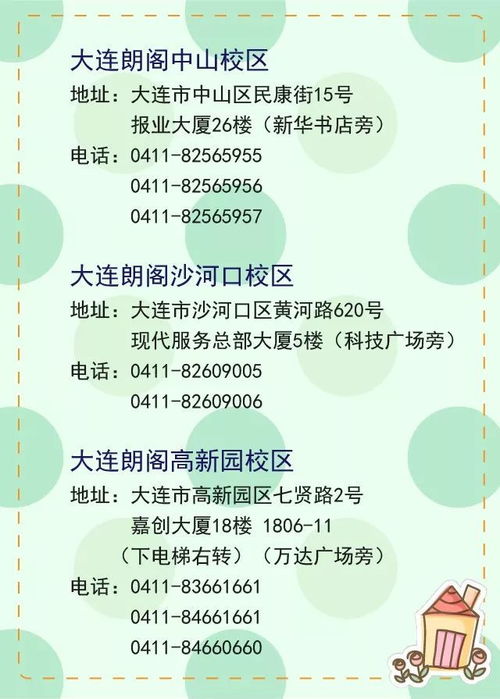
Tha

i English: A Surprising Cultural Phenomenon
Did you know that in Thailand, English is sometimes spoken with a unique twist that is not commonly heard in other English-speaking countries? This variation of the English language is commonly referred to as “Thai English,” and it is a fascinating cultural phenomenon worth exploring.
Firstly, it is important to understand that Thai English is not an official dialect of the English language. Rather, it is a localized form of English that has developed as a result of Thailand’s unique cultural and linguistic context. Thai English is heavily influenced by the Thai language, and as a result, it often incorporates Thai vocabulary, sentence structures, and even pronunciation.
One example of this unique usage is the word “same same,” which is widely used in Thailand to mean “similar” or “the same as.” In Thai English, it is not uncommon to hear people say, “This shirt same same that one,” which wouldn’t make sense to a native English speaker, but is completely understandable in a Thai context.
Another fascinating aspect of Thai English is the common use of the word “na” at the end of sentences. In Thai culture, this word is used as a polite particle to signify respect and courtesy towards the listener. In English, the equivalent might be “please” or “thank you.” Thai English users will often add “na” to the end of their sentences to sound more polite and respectful, even when speaking with native English speakers.
Perhaps the most distinctive characteristic of Thai English, however, is the unique pronunciation that often accompanies it. Because Thai is a tonal language, meaning that the tone used in speech can change the meaning of a word, Thai English speakers sometimes struggle to differentiate between English words that sound similar but have different meanings. This can lead to some interesting pronunciations, such as “beat” sounding like “bit” or “can” sounding like “gun.”
Despite the occasional confusion that may arise from these nuances, Thai English is widely accepted and understood by both Thai and non-Thai speakers alike. In fact, it has become so prevalent in Thailand that it has even started to influence advertising and marketing campaigns. You may have seen t-shirts with the phrase “same same but different” printed on them, which has become a sort of cultural catchphrase synonymous with the laid-back, easygoing attitude of Thailand.
Overall, Thai English is a fascinating linguistic and cultural phenomenon that is worth exploring if you are interested in the ever-evolving nature of language. It presents a unique blending of two vastly different languages, and serves as a reminder of the incredible diversity of cultures and languages that exist around the world.
